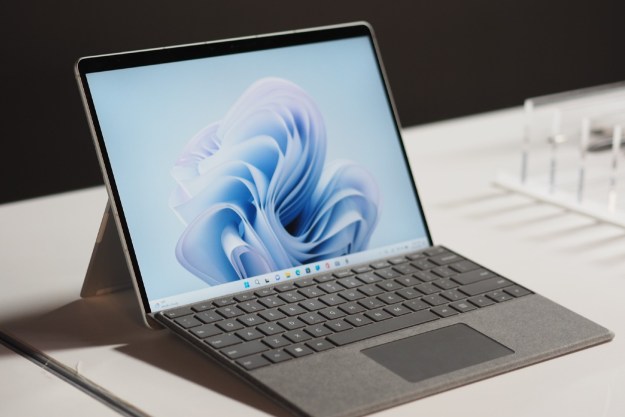
No software is ever totally safe and while password managers can offer a degree of security and convenience, they are not impervious as these security flaws demonstrate.
The latest bugs were discovered by Google Project Zero researcher Tavis Ormandy, who is renown for finding and disclosing flaws in security software. Ormandy said he found a vulnerability that allows for the stealing of passwords by running a binary version of the password manager’s extension.
In a proof of concept, Ormandy demonstrated using the code to launch an application. He opened the calculator in Windows but, he said, a malicious actor could use this code to steal password details when the manager is entering them into the login fields.
“That doesn’t look good, this script will proxy unauthenticated window messages to the extension. This is clearly a mistake, because anybody can do [it],” he wrote in his advisory.
“Therefore, this allows complete access to internal privileged LastPass RPC [remote procedure calls] commands,” he said.
I found another bug in LastPass 4.1.35 (unpatched), allows stealing passwords for any domain. Full report will be on the way shortly. pic.twitter.com/9VkV7R3vud
— Tavis Ormandy (@taviso) March 21, 2017
LastPass said in a tweet that this has been fixed and promised a blog post with more details on what went wrong but the post has yet to materialize.
Ormandy also found remote code execution vulnerabilities in the password manager’s Chrome and Firefox extensions. The Chrome bug has since been patched but the Firefox version remains unpatched for now but this may be due to a hold up on Mozilla’s end.
“We are aware of reports of a Firefox add-on vulnerability. Our security is investigating and working on issuing a fix,” said LastPass on Tuesday night.
This isn’t the first time that Ormandy has poked holes in LastPass’ software. In 2016, he disclosed a Firefox-related flaw that would have allowed an attacker to access someone’s extension, without them knowing, and delete the passwords.
Editors' Recommendations
- LastPass reveals how it got hacked — and it’s not good news
- Using LastPass? You need to switch urgently, says security firm
- Hackers stole LastPass source code in data breach incident
- Leaving LastPass? Here’s how to take all your passwords with you


